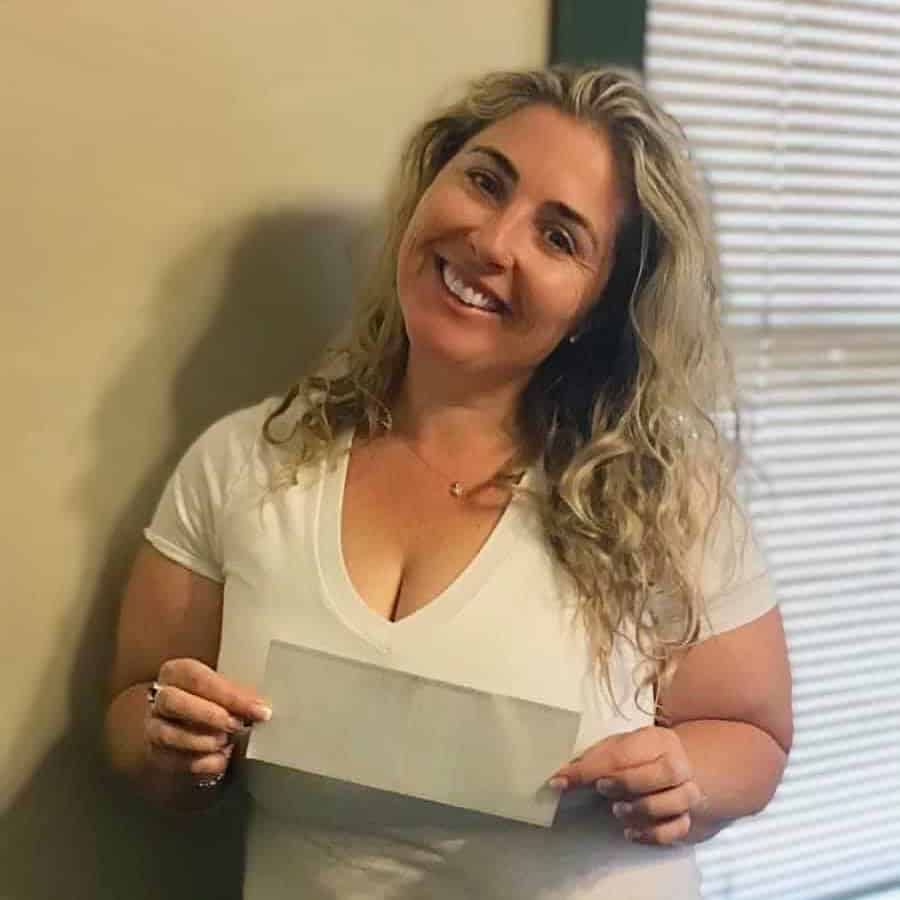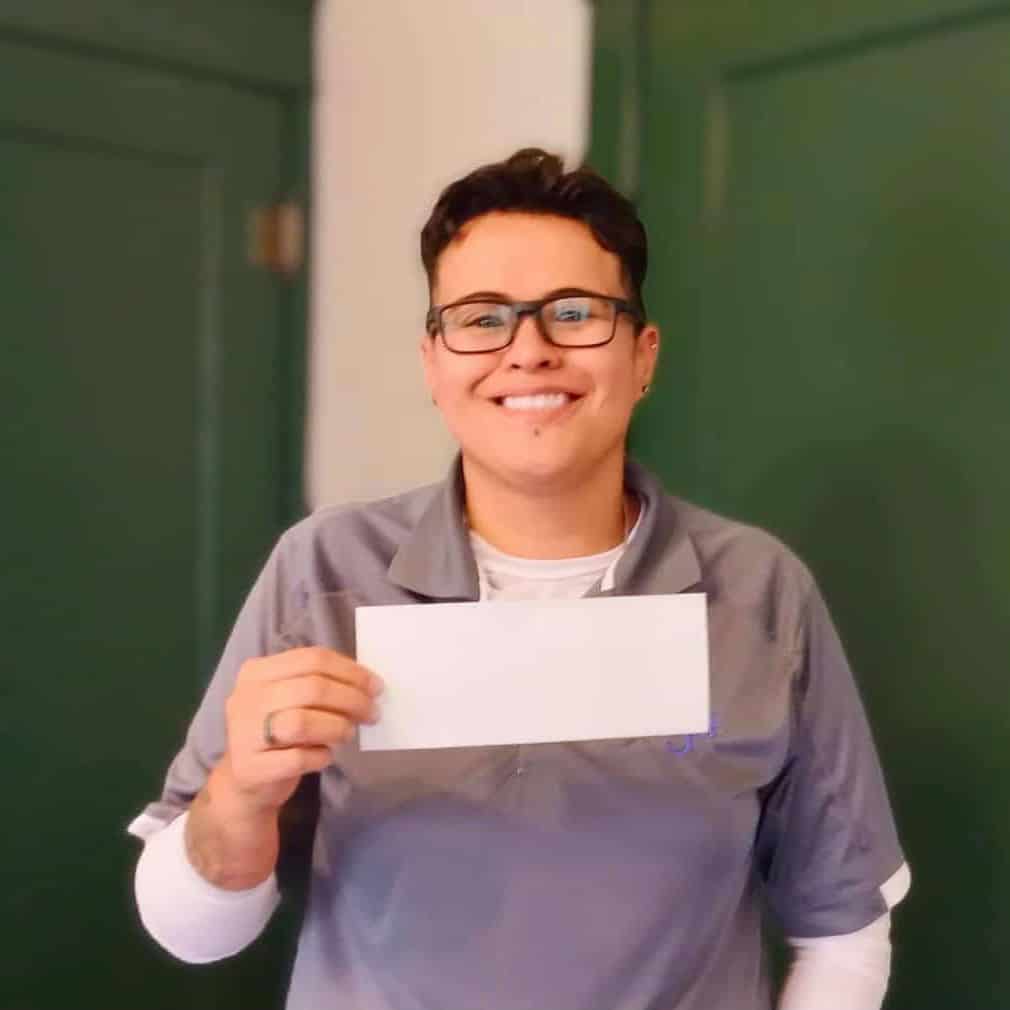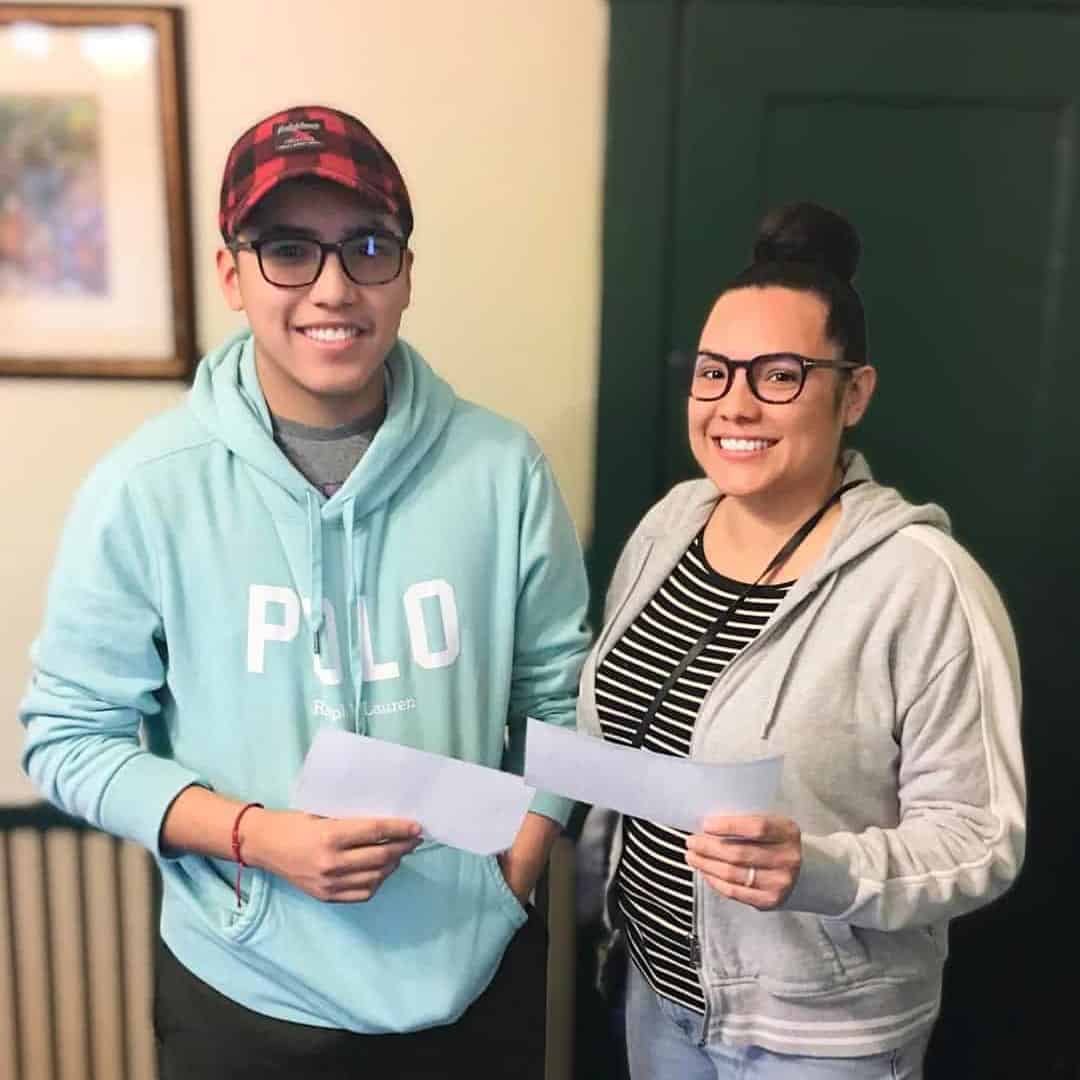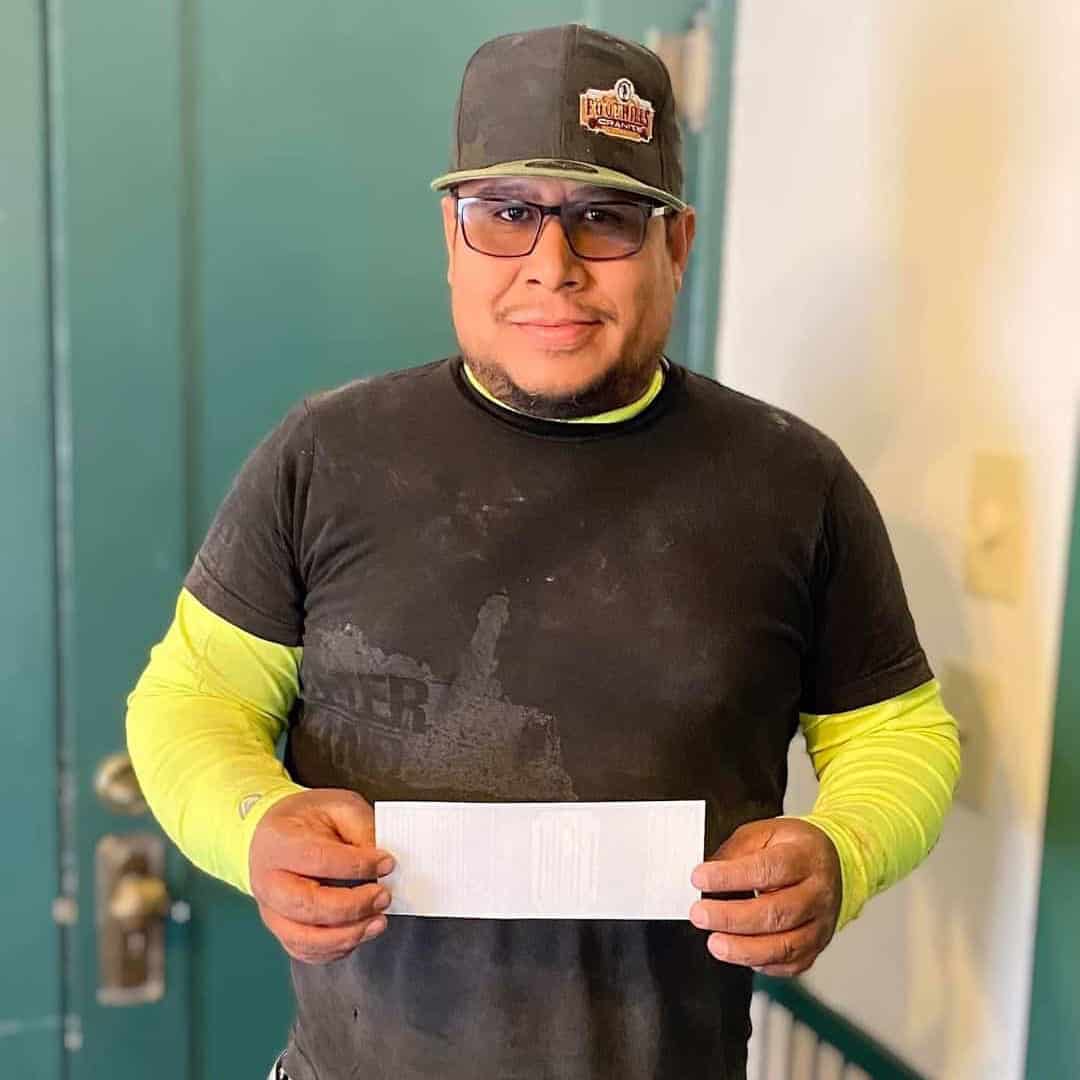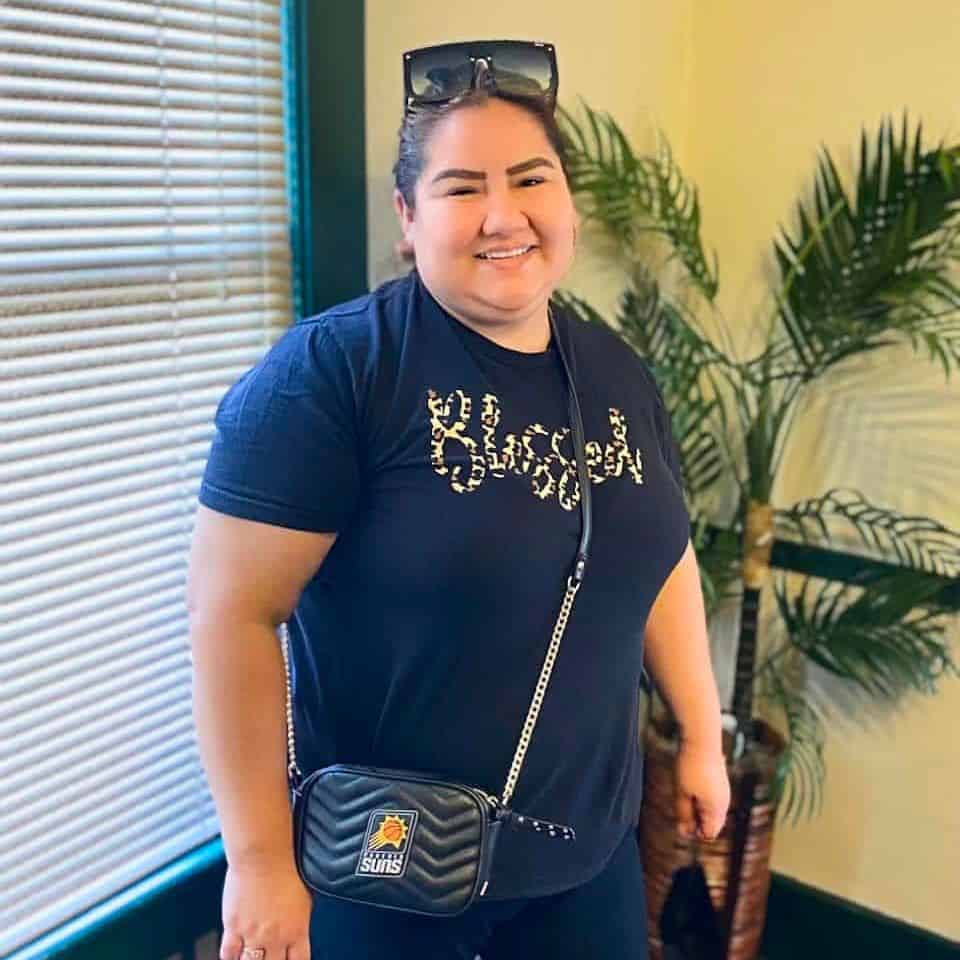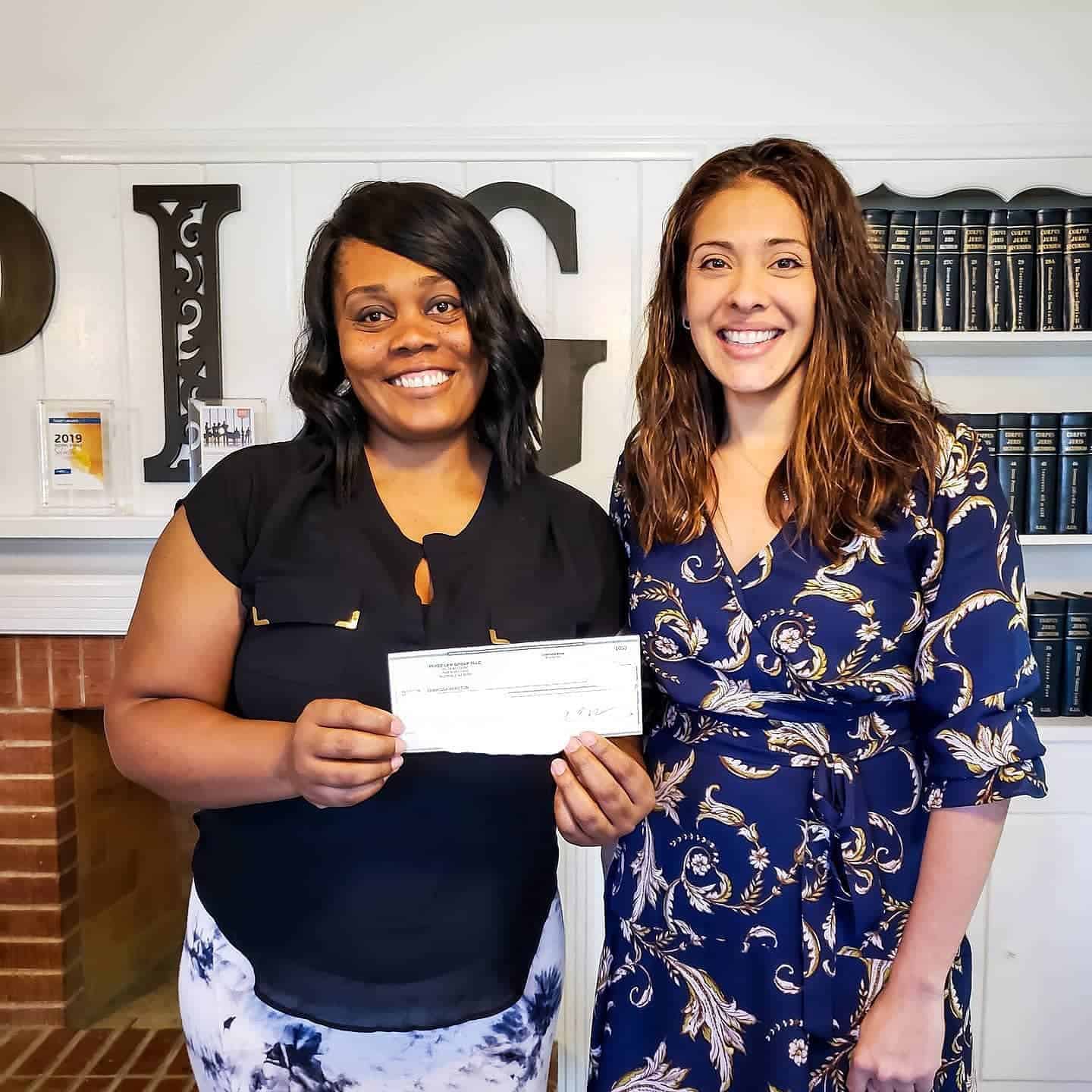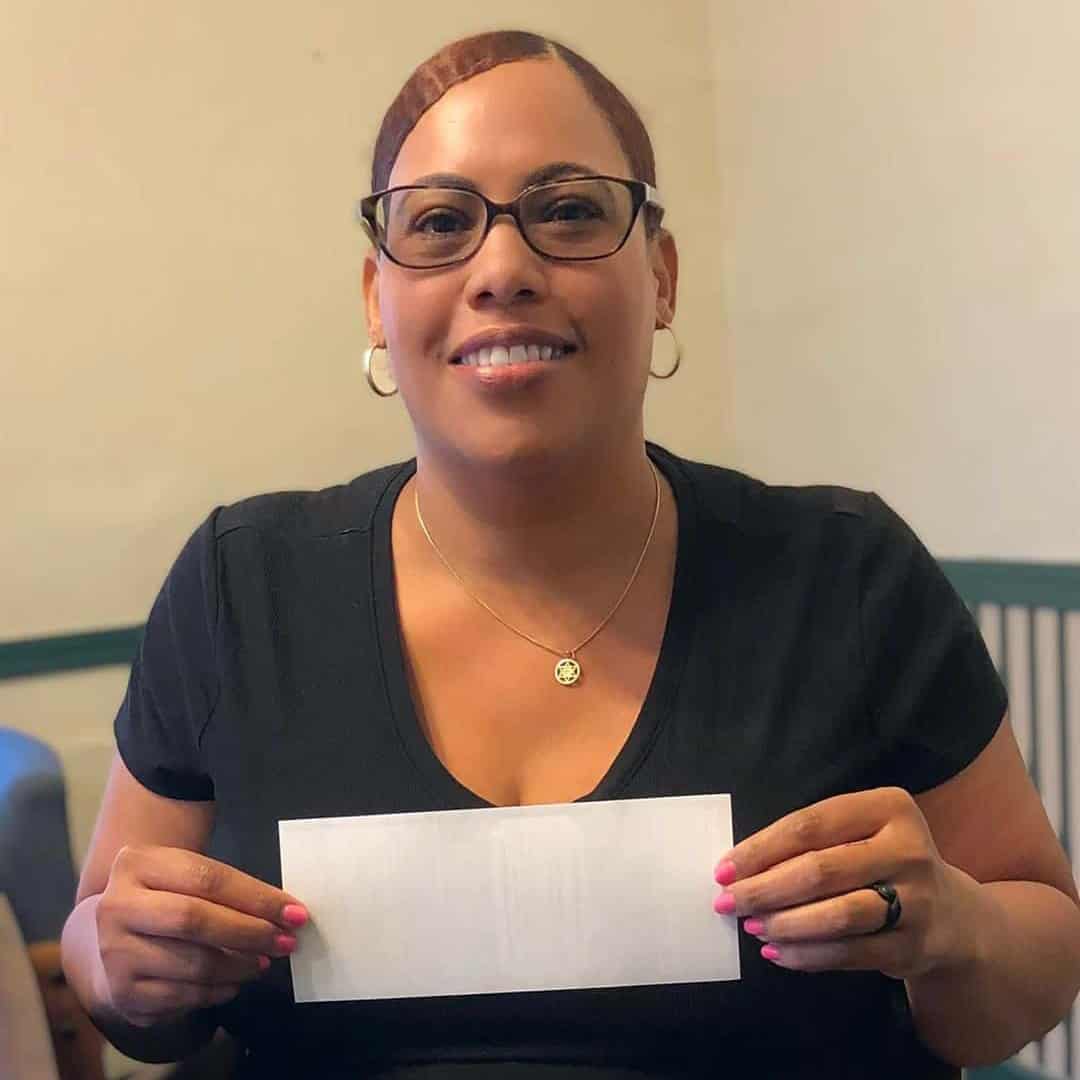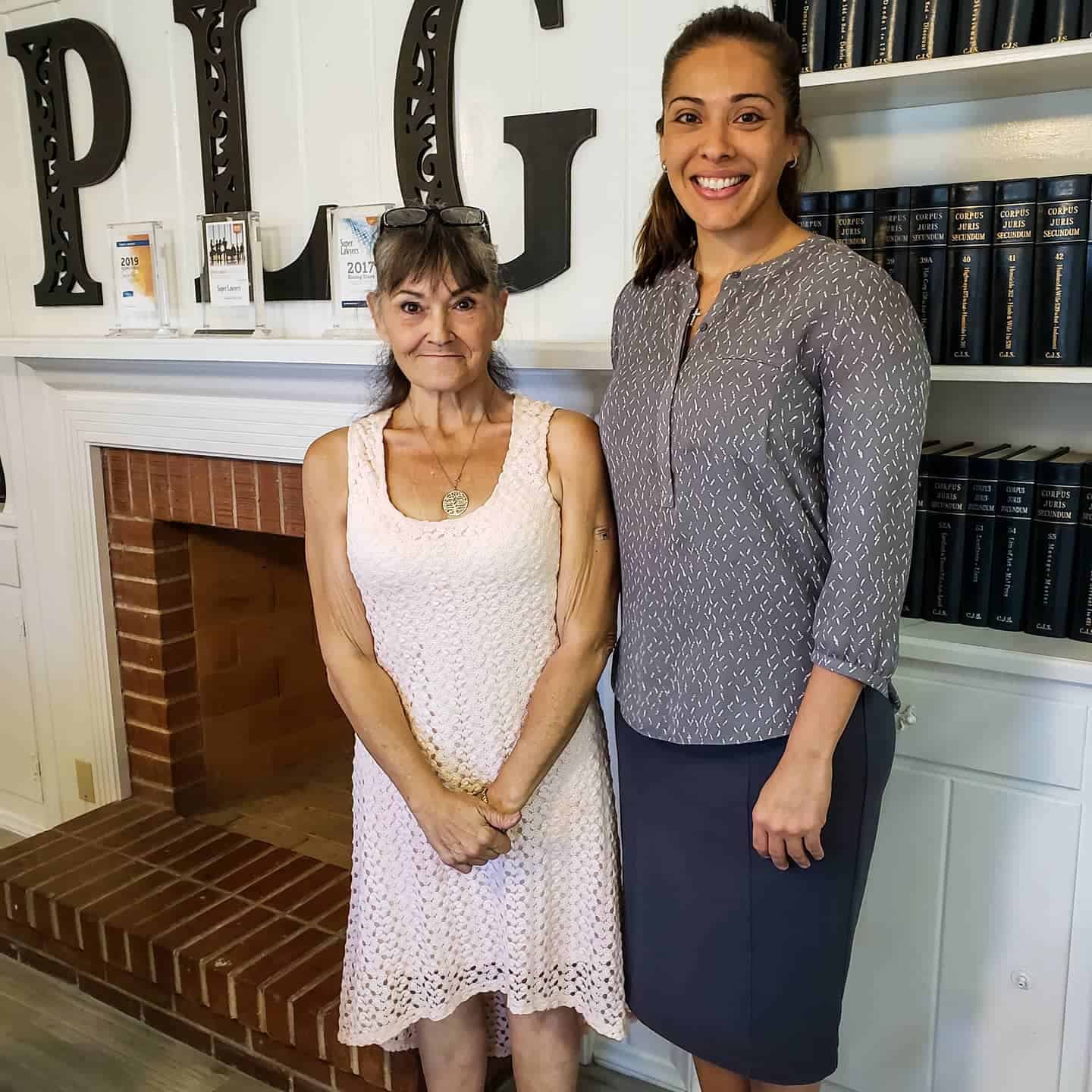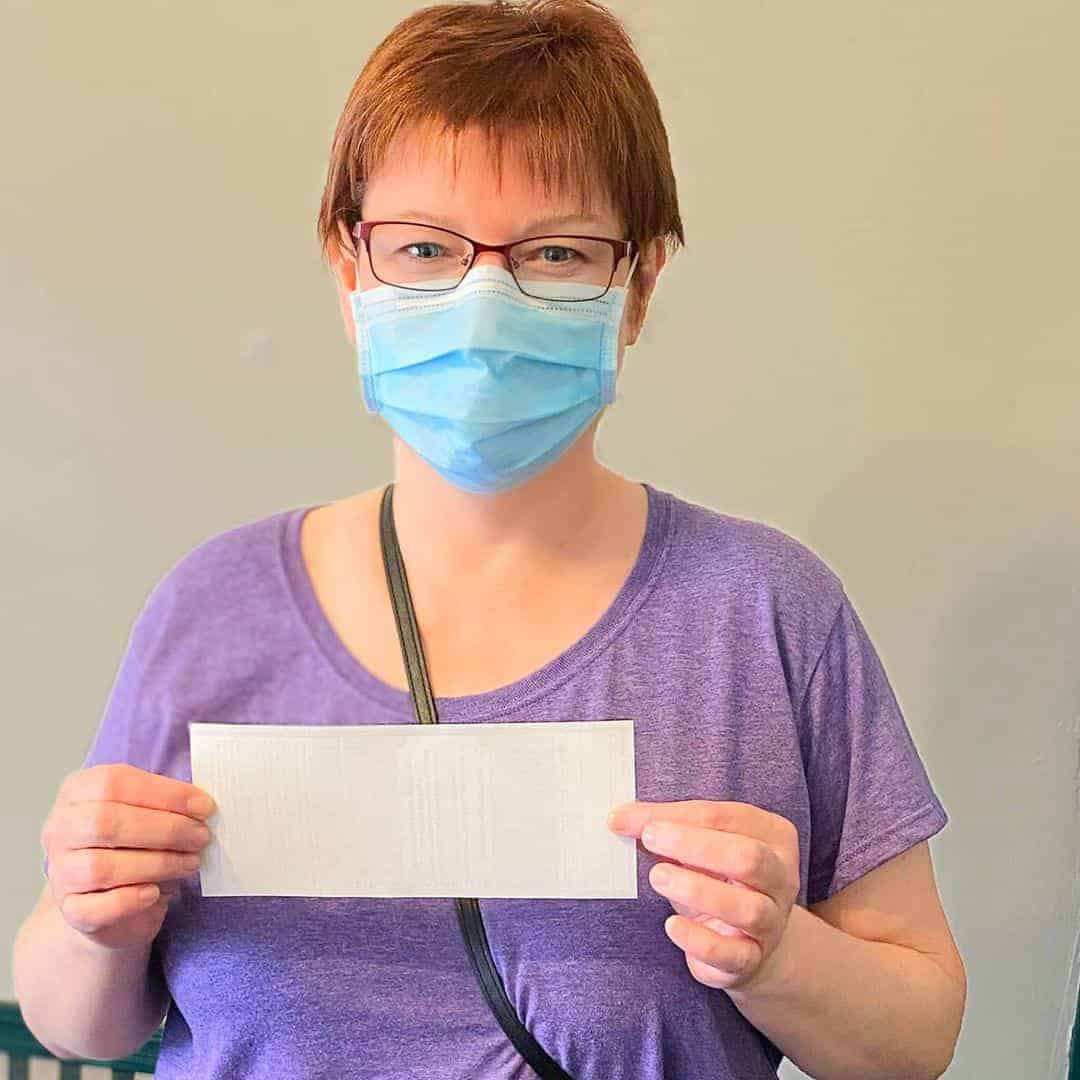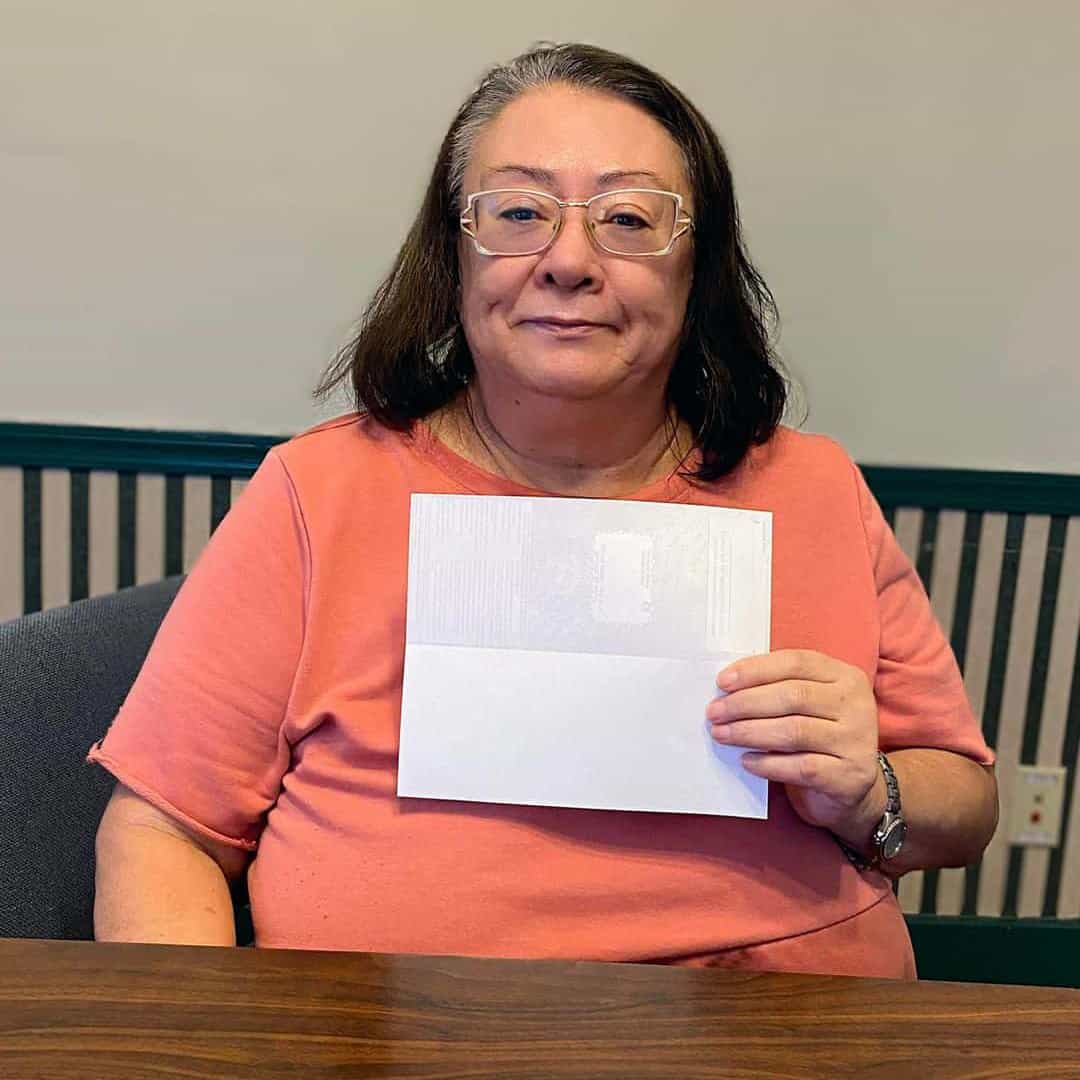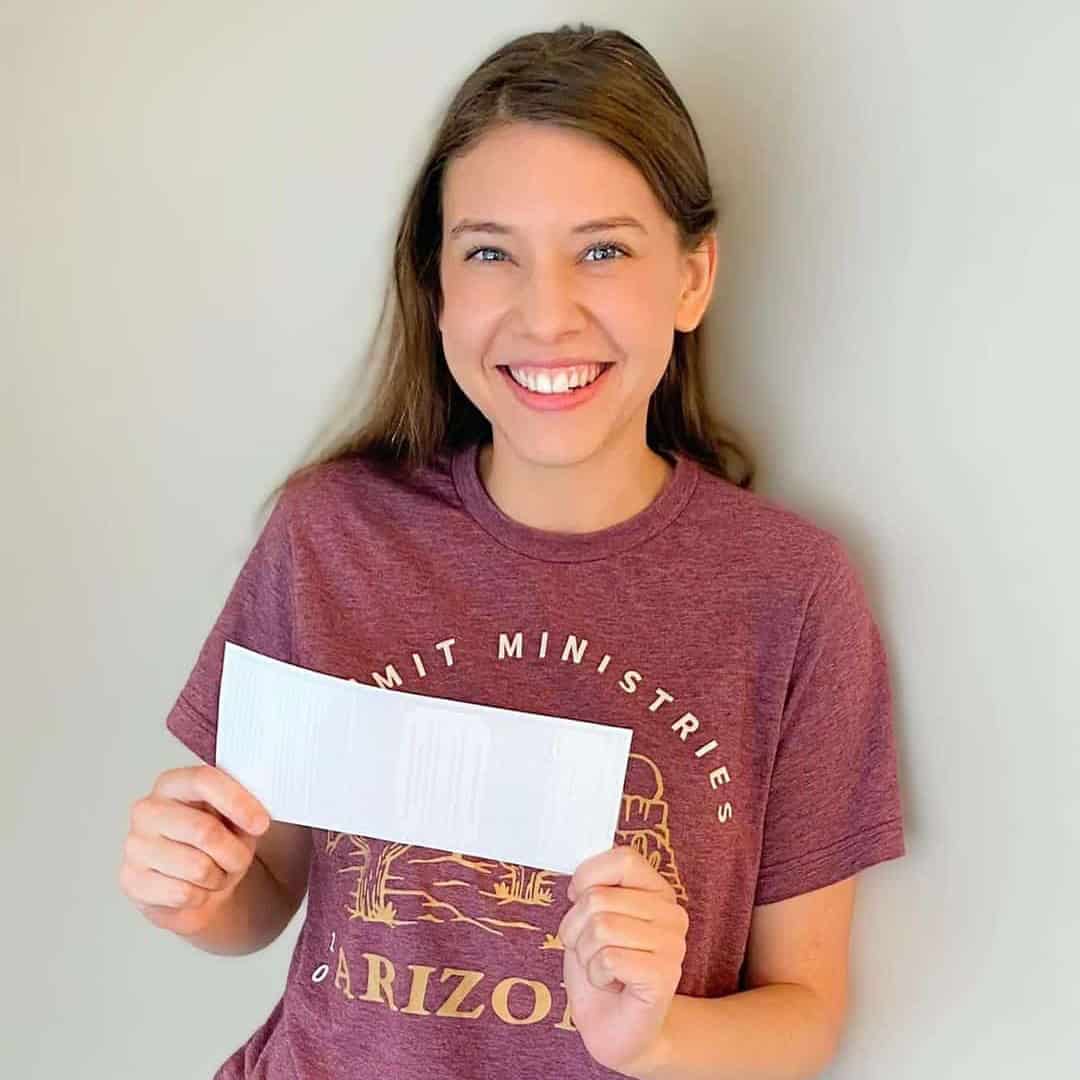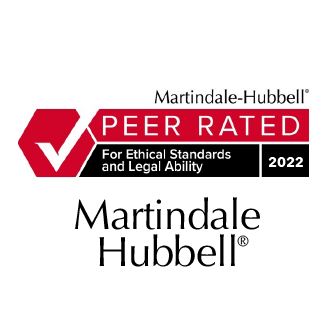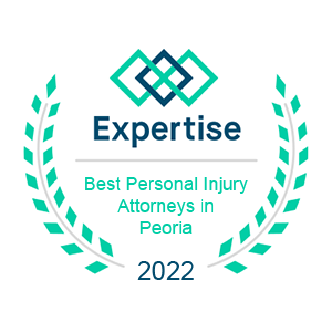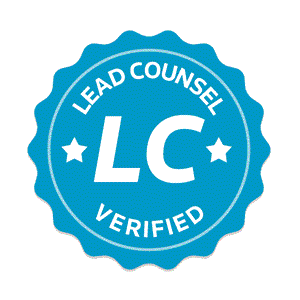Glendale Swimming Pool Accident Lawyer
Swimming pool accidents often strike suddenly and with devastating effects, leaving victims and their families to deal with severe physical injuries, deep emotional distress, and substantial financial burdens. Whether it’s a child who has been injured because of a lack of proper supervision or an adult who has been harmed by unsafe pool conditions, the aftermath of these accidents can be overwhelming.
The law provides a way for victims to seek justice and compensation for the devastating impact of a swimming pool accident. Below, personal injury lawyers at Perez Law Group, PLLC explain important information about these accidents—from understanding their causes to exploring your legal rights, and outlining how our lawyers can make a significant difference in the outcome of your case.
Types of Swimming Pool Accidents
When visiting a swimming pool, you might encounter various types of accidents, each presenting unique risks and potential for harm:
- Drowning: This is the most critical type of swimming pool accident and can occur without any noise or struggle, making it extremely dangerous. Drowning happens when someone is unable to breathe because their nose and mouth are submerged in water, and it can be fatal within minutes.
- Near-drowning: Those who survive near-drowning experiences may suffer from long-term consequences, including severe brain damage because of oxygen deprivation. This lack of oxygen can impair brain function, potentially leading to permanent neurological disabilities that can affect all aspects of the victim’s life.
- Slip and fall accidents: Common around pool areas, these accidents occur because of wet and slippery surfaces. Serious injuries from slip and falls could involve head injuries and bone fractures.
- Diving accidents: These accidents are prevalent when individuals dive into insufficiently deep water or collide with submerged objects. The injuries sustained in diving accidents can be severe, including trauma to the head, neck, or spinal cord, which can result in long-term disability or paralysis.
- Entrapment accidents: These accidents happen when body parts, hair, or clothing become caught in the pool’s drainage system or suction devices. Often a result of faulty or poorly maintained equipment, these accidents can lead to serious injuries or drowning if the individual is unable to free themselves.
- Chemical accidents: Incorrect handling or mixing of pool chemicals can cause a variety of health issues, including skin burns, respiratory problems, and other types of poisoning.
Causes of Swimming Pool Accidents
Accidents at swimming pools can be attributed to a variety of factors, often outside the control of the victims:
- Poor maintenance: Failure to regularly inspect and maintain pool facilities can lead to various hazards, such as broken ladders, cracked tiles, or malfunctioning drainage systems. These conditions can create dangerous situations that may lead to accidents and injuries.
- Inadequate supervision: Particularly in settings where children are present, constant supervision is essential. The absence of monitoring can increase the risk of accidents, including drowning, as supervisors may not react quickly enough to prevent incidents or respond to emergencies.
- Faulty equipment: Equipment failures, such as malfunctioning pumps, defective pool lights, or compromised filtration systems, can significantly endanger users. This equipment issues can lead to electrical hazards or improper water sanitation, both of which pose health risks.
- Poor design: Pools that do not comply with safety standards or that feature design flaws can present increased risks. For example, a pool with inadequate depth markers or unclearly marked shallow and deep sections can lead to diving accidents.
- Improper chemical use: Maintaining the correct balance of chemicals is vital for pool safety and hygiene. Over- or under-chlorination can cause skin irritations and respiratory issues, while incorrect pH levels can lead to other harmful conditions.
- Inadequate lighting: Poor lighting around a pool area makes it difficult for swimmers and supervisors to identify hazards in and around the water. This can be particularly problematic in the evening or at night, increasing the risk of accidents because of unseen dangers.
- Lack of barriers: Unfenced or inadequately secured pools are easily accessible, especially to children, which greatly increases the risk of unsupervised access and accidents. Proper barriers and safety measures are crucial in preventing unintended access and ensuring pool safety.

Swimming Pool Accident Hotspots Arizona
In Arizona, swimming pool accidents are most likely to occur in residential areas where many homes have private pools. Often, these private pools are not maintained or supervised adequately, which can lead to a higher incidence of accidents. Apartment complexes and shared community pools also present risks, as these pools can become overcrowded and are sometimes not monitored consistently, which can increase the likelihood of accidents.
Public pools in community centers or recreational areas frequently see a high volume of users and may have varying levels of lifeguard supervision, impacting the safety of the environment. Hotels and resorts, especially those catering to tourists in Glendale, might have pools that do not always meet the strictest safety standards, posing risks to guests who are unfamiliar with the pool’s layout and specific safety rules. Pools located in parks or at event venues are also potential sites for accidents because of their high user turnover and occasionally minimal supervision.
Liability for a Swimming Pool Injury in Arizona
Determining who is liable for a swimming pool accident in Arizona involves considering several potential responsible parties. The pool owner often bears primary liability; this includes private homeowners, hotels, apartment complex owners, and operators of public pools. These owners are responsible for maintaining a safe environment. If they fail to properly maintain the pool, repair existing hazards, or provide adequate supervision, they can be held liable for any resulting accidents.
Additionally, the companies responsible for the maintenance of the pool may also be held liable if it can be shown that their negligence in maintaining the pool or properly handling chemicals contributed to an accident. Manufacturers of pool equipment might also face liability if an accident is found to have been caused by defective products, such as pumps, filters, or drains.
In some cases, lifeguards or other pool staff may also be liable if their failure to perform their duties adequately contributed to an accident. This could include situations where a lifeguard failed to respond promptly to a drowning incident or neglected to enforce pool safety rules.
Arizona law requires pool owners to follow specific safety regulations, including installing appropriate fencing and secure locks around the pool area to prevent unauthorized access. Failure to comply with these regulations can result in the owner being held liable for any accidents that occur because of negligence.
Arizona also has a comparative negligence rule, meaning that if the victim is found to have been partially at fault for the accident, their compensation may be reduced by the percentage of their fault.
Filing an Insurance Claim or Lawsuit for a Swimming Pool Injury
If you or a loved one has been injured in a swimming pool accident, you may need to consider filing an insurance claim or a lawsuit to recover damages. Initially, it is important to report the accident to the insurance company of the pool owner, providing all necessary information such as medical records, photographs of the accident scene, and statements from witnesses. If the insurance company’s settlement offer does not adequately cover the damages suffered, it may be necessary to file a lawsuit.
To successfully pursue a lawsuit, it is crucial to gather compelling evidence that demonstrates the pool owner’s negligence. This evidence may include maintenance records, safety inspection reports, and testimony from safety experts. A swimming pool accident lawyer can clarify your rights and next steps.
Possible Forms of Compensation
The impact of a swimming pool accident can be profound and lasting. Victims may suffer from a range of physical injuries, from minor cuts and bruises to more serious conditions such as broken bones, head trauma, or even permanent disability. The emotional and psychological effects of an accident can also be significant, with victims potentially experiencing ongoing anxiety, stress, or depression, especially if the accident was particularly severe or traumatic.
The financial implications of a swimming pool accident are often substantial as well. The costs of medical treatment can be high, particularly if long-term rehabilitation or therapy is required. Additionally, if the injury prevents the victim from working, they may also suffer from lost wages and a reduced capacity to earn an income in the future.
Victims of swimming pool accidents may be entitled to receive various types of compensation to help mitigate these impacts. This compensation can cover immediate and ongoing medical expenses, lost wages, and may also include damages for pain and suffering. In cases where the accident results in death, the victim’s family may pursue claims for wrongful death, which can provide compensation for funeral expenses and the loss of financial support.
What to Do After the Accident
If you experience a swimming pool accident, there are several immediate steps you should take to ensure your safety and protect your legal rights. First and foremost, it is important to seek medical attention, even if the injuries appear minor, as some symptoms may not present themselves immediately. Documenting the accident is also crucial; take photographs of the accident scene and obtain contact information from any witnesses who were present.
It is also important to report the accident to the management of the pool facility or the pool owner as soon as possible. Keeping records of all medical treatments and any other expenses related to the accident will be essential if you decide to pursue legal action to seek compensation for your injuries.
How a Swimming Pool Injury Lawyer Can Help Victims
Engaging a swimming pool injury lawyer can be incredibly beneficial for victims of pool accidents. A knowledgeable lawyer can help by evaluating the specifics of your case, reviewing medical records, accident reports, and any other relevant documentation. They can also assist in gathering critical evidence, including statements from witnesses and expert opinions, to build a strong case on your behalf.
A lawyer will also handle all communications with insurance companies, who often attempt to minimize their payouts. By negotiating effectively, your lawyer can help ensure that you receive the full compensation to which you are entitled. If it is not possible to reach a satisfactory settlement through negotiations, your lawyer will be prepared to represent you in court, presenting your case and arguing for a favorable outcome before a judge and jury.
Throughout the legal process, your lawyer will provide meaningful support and guidance, helping you make informed decisions and keeping you updated on the progress of your case. This support can be crucial during what is often a stressful and challenging time, giving you the peace of mind to focus on your recovery.
Glendale Arizona Swimming Pool Accident Attorney
If you or a loved one has suffered from a swimming pool accident in Glendale, Arizona, it is important to seek the help of experienced injury lawyers who are ready to fight for your rights. At Perez Law Group, PLLC, our team has helped many accident victims in Arizona obtain compensation and justice. We know the profound impact these accidents can have on your life. You deserve to know your rights and what steps you can take to pursue justice and compensation. Contact Perez Law Group, PLLC today by calling (602) 730-7100 or visiting our website to schedule a consultation with a swimming pool accident attorney.

